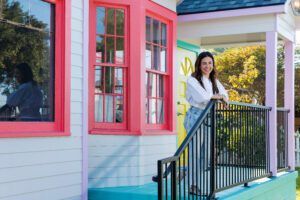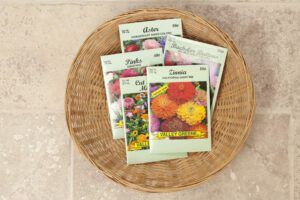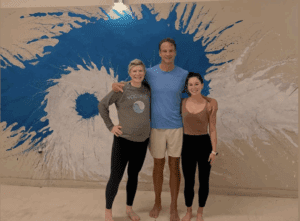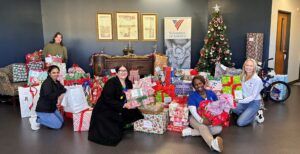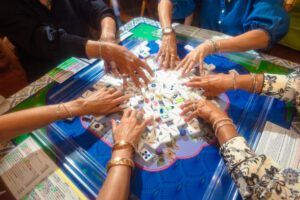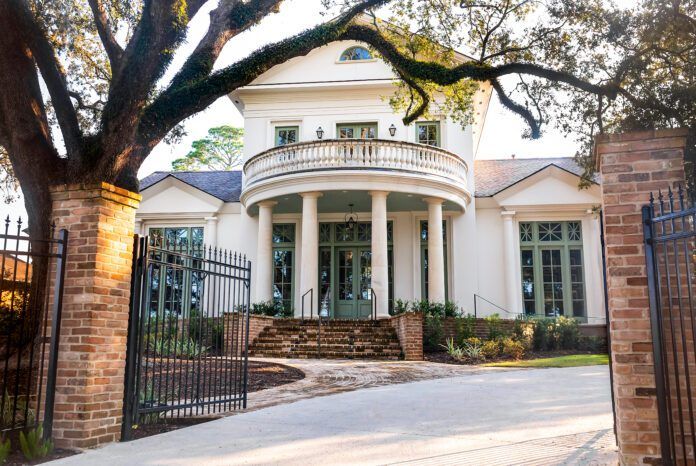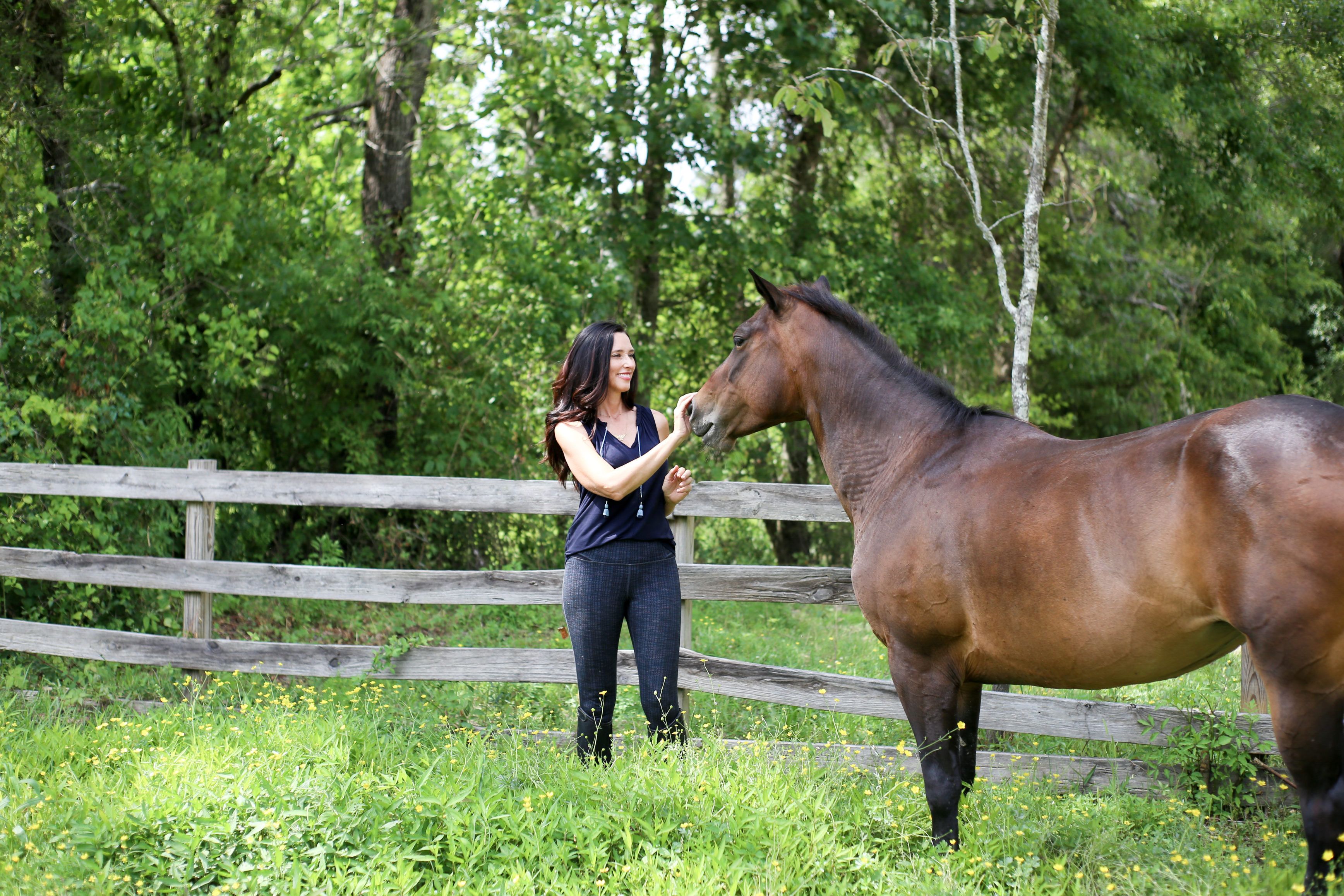
Wide open spaces: Horses of Hope provides healing for both humans and horses
In the middle of a large dirt ring, Carrie Parascandolo, owner of the equine therapy program Horses of Hope, isn’t sitting prominently on the back of her horse Yanni as you would expect. Instead, she is standing quietly on ground across from the large, brown steed, wordlessly requesting a connection.
“Animals communicate in a different way,” explains Parascandolo. “I think sometimes we forget that because we are so verbal, but there is something to be learned from this unspoken connection.”
Since her childhood, Parascandolo has reveled in the sheer power of nature and its ability to create balance. However, it wasn’t until she learned of equine assisted therapies about five years ago while working with a women’s group that she considered sharing her insights with others.
“I have always loved working with and helping others,” she says, “and I have had horses my whole life. It turns out equine therapy really marries my two passions.”
And while equine therapy programs are not new, Horses of Hope—which aims to help children, teens and families in crisis—boasts a unique outlook that serves to make the program not only beneficial to the humans who partake, but also the horses.
“It’s all about healing each other,” explains Parascandolo. Each of the horses that have found a home in her barn has a complicated past that allows it to connect with riders facing struggles such as loss, anxiety and depression. From retired race horses to rescues from the kill pin, Parascandolo believes every horse has found its way to her for a reason.
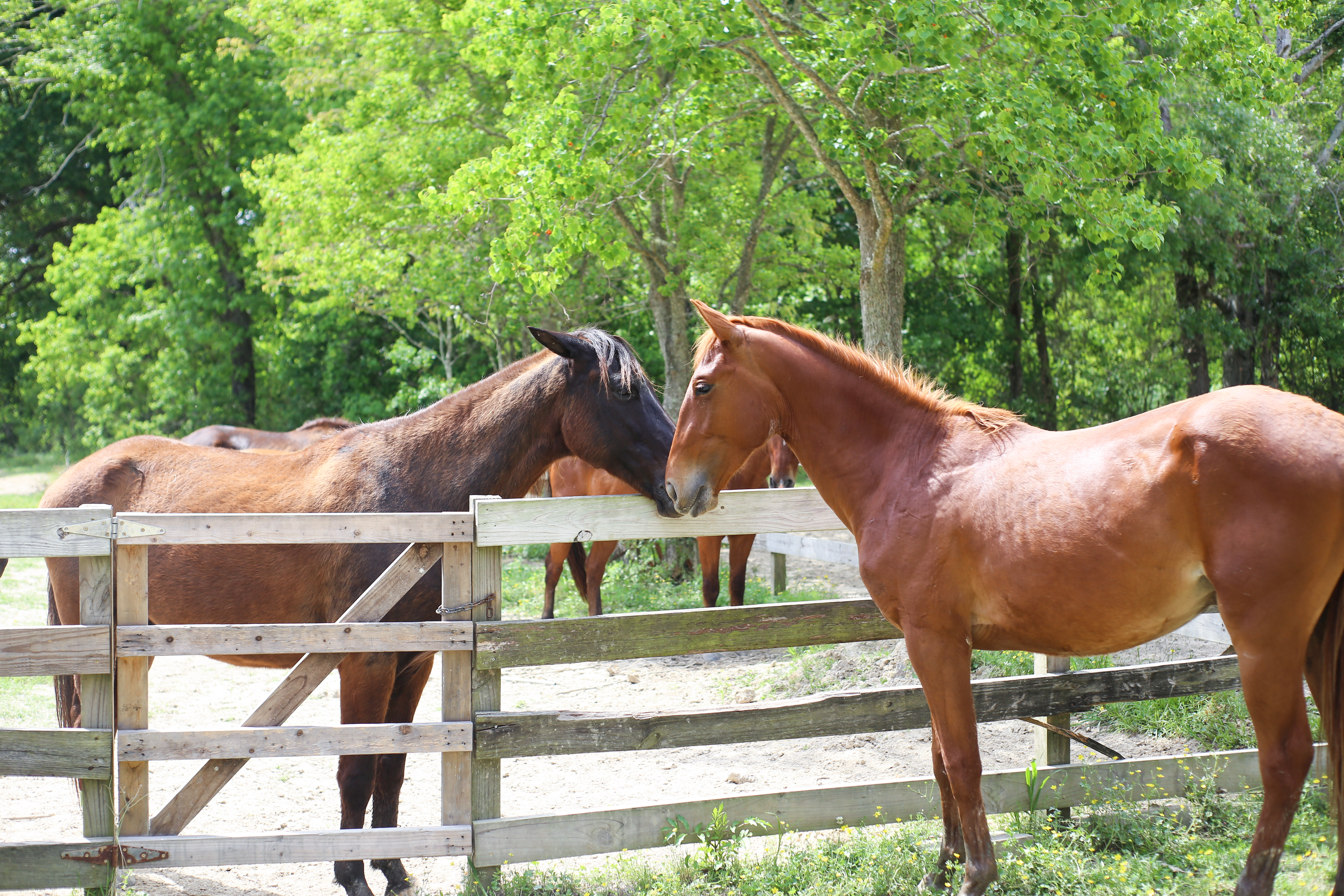
“The first thing I do when people come for a session is let them choose the horse they feel most drawn to,” says Parascandolo, who jokingly notes that she is never able to correctly identify the horse-to-human matches. “I tell them to feel the horse’s heart and pay attention to the horse’s body language to find the right fit. The little stories of connection are amazing because they really do choose each other.”
One such story is of now regular volunteer Kim Sanders and her family. When her daughter Allison came to her with the dream to ride horses, Sanders had no idea what to expect, though she had the same fantasy when she was a child.
“I feel like it’s every little girl’s dream to own their own horse,” says Sanders. “When we came out here the first time, it just clicked.”
And since then, the whole family, little sisters in tow, have come out to the barn five to six times a week to not only ride their own horse, which is stabled here, but to spend time with all of the other horses.
“Horses have a weird way with humans,” says Sanders. “Being around them is such a calming experience and, no matter where they come from, the right horses end up in the right places.”
It is this attitude of acceptance that anchors the barn and allows the bonds that are created between human and horse to transcend language and create a new basis for relationships—one that stems from respect and love.
“I think a lot of issues for everyone come from the need to create healthier relationships,” says Parascandolo, who emphasizes that this type of therapy is not only for people with diagnosed medical issues. “A main part of what we do here is entering into safe relationships. We start with grooming the horse to develop a bond of trust before moving forward.”
Once the horse and client move into the ring, it’s still not immediately about riding.
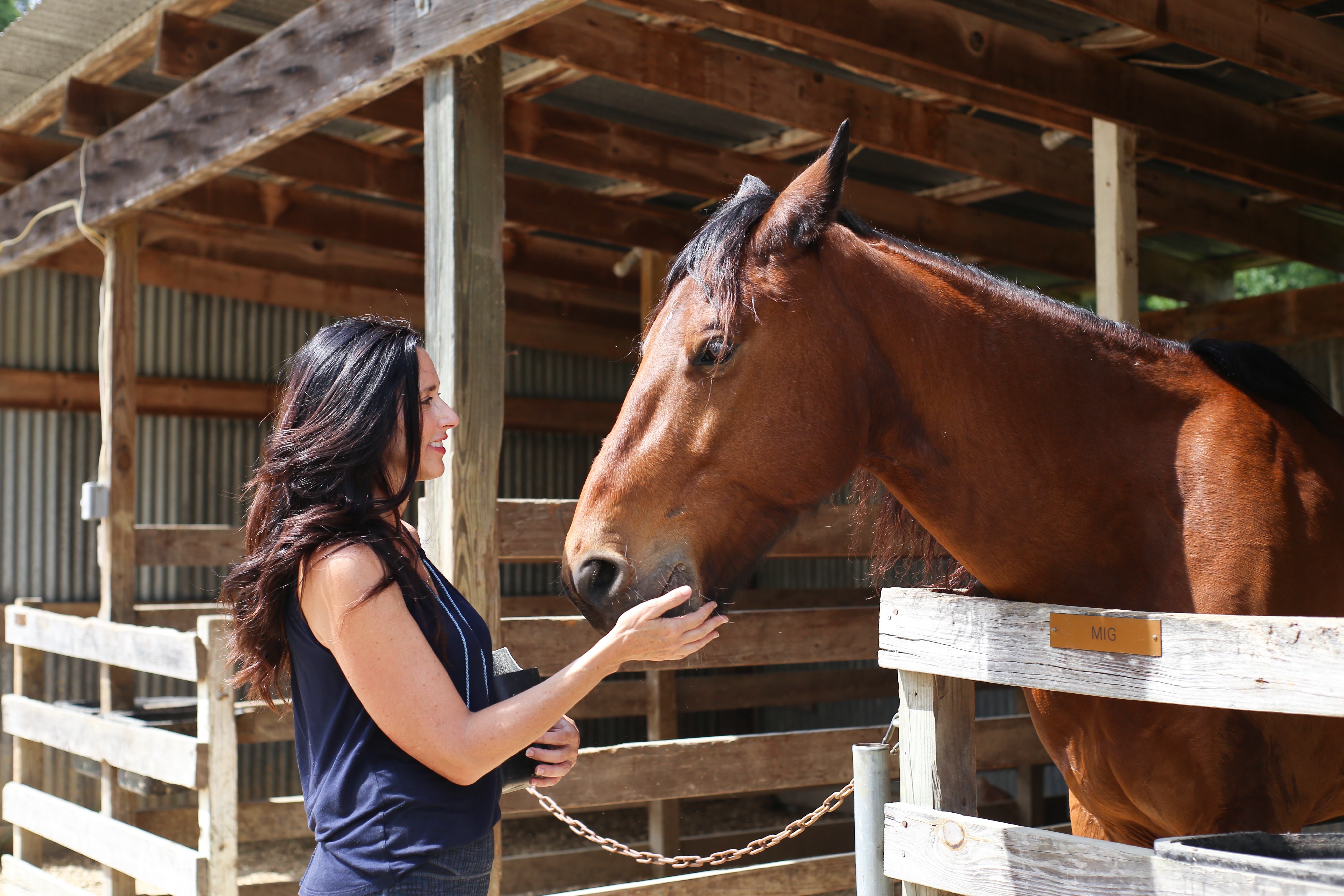
“In the wild, horses are hunted by predators who jump onto their backs,” says Parascandolo. “That’s why you have to create a relationship before you just jump on. When you give a horse choices and ask for a connection, rather than demanding it, you allow them to access their brain and, suddenly, it becomes ‘let’s take care of us,’ rather than just ‘I need to take care of me.’”
Making circles around the ring, Parascandolo demonstrates how to use body language to both ask for and create a connection with a horse. “It’s all about learning how to use your energy,” explains Parascandolo. “There’s an energetic boundary that we bring to every relationship, and the key is learning how to adjust it.”
Don’t push when you’re met with resistance, and always ask yourself if what you want is beneficial for everyone involved. That’s Parascandolo’s expert advice. And while it might not seem like the step-by-step advice offered in parenting books or the musings of scholars through complicated psychology lingo, Parascandolo swears by the simple advice. For her, it’s all about finding balance by trusting your instincts and remembering your roots.
“When you’re in nature with horses, it brings you back and allows you to be totally present,” says Parascandolo. “All of the distractions we have today keep us from giving anyone or anything all of our attention. But in nature, that’s different.”
In the few short years since Parascandolo opened her barn to the community, she has seen this connection to nature act as a healing exercise for those who have ventured into the barn.
“Since we started coming here, it feels like we have another family,” says Sanders as she recalls the cookouts, trail rides, and support that she has shared with fellow volunteers. “I have seen my daughter become so much more confident in herself, and my own anxiety has decreased significantly. Being out here is really a gift, and I cannot thank Carrie enough for it.” horsesofhope-eat.org




